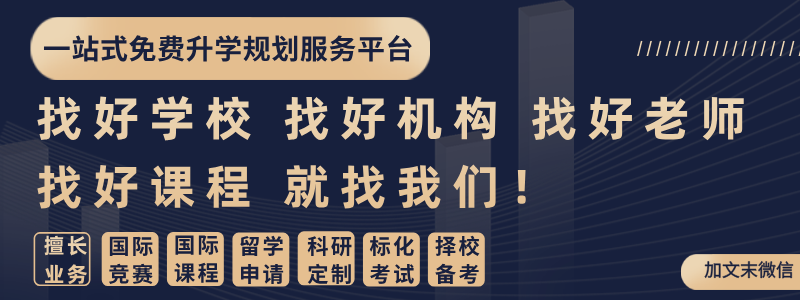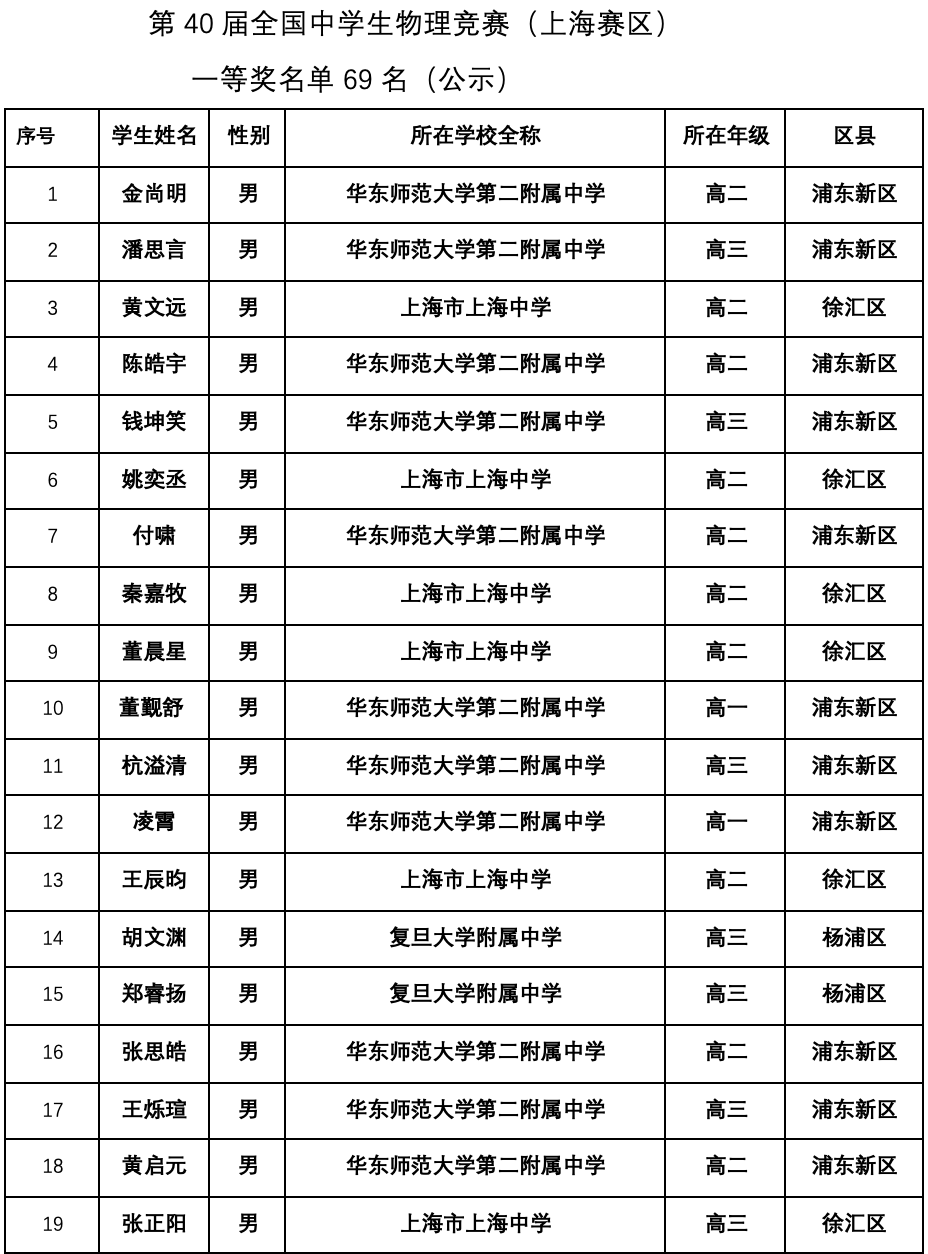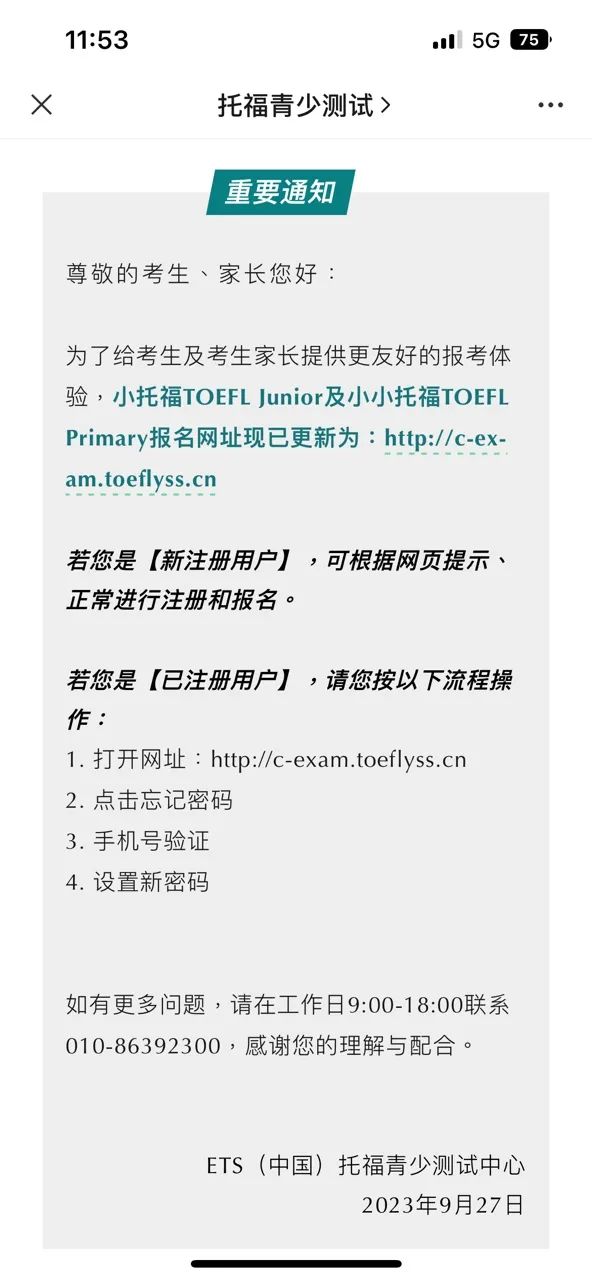距离秋季首场Junior WSD比赛 还有不到一个月的时间!
今年秋季,我们的比赛,进行了一些小小的升级调整,对同学们来说,这既是一次新的尝试,也是新的机会!
不论是已经参加过比赛的“老朋友”,还是即将见面的新人选手,吃透比赛规则都是非常重要的,也是取得好成绩的前提!
今天我们就邀请到了资深教练Robert Raos带着大家一起解读 Junior WSD比赛中的 辩位职责和团队策略 帮助大家更好地适应秋季比赛!
Robert Raos
超6年WSD/BP辩论及教学经验
Radboud大学辩论队主席
曾获多项国际辩论赛事冠军,包括欧洲Queer公开赛2020,芝加哥公开赛2022等。

本文将从Junior WSD比赛中最基本但却十分重要的辩手职责和团队策略开始,为大家解读比赛规则:每个辩位的职责分别是什么?Reply speech的作用是什么?队伍人数上限增加后,我们该如何分配更加有效?希望可以帮助大家进一步明确Junior WSD比赛规则,在秋季常规赛中取得好成绩!
Junior WSD比赛中,Speaker 1应该为整场辩论奠定基础。团队中最重要的论点应由该发言人提出并陈述,论点数量通常为两个。
The first speakers in Junior WSD should set up the debate.
The first proposition speaker should define the motion in a reasonable and fair way. If it is a policy debate, he or she should introduce a model of how their team is going to propose the motion.
Next, the speaker should present arguments in favor of proposing the motion; two arguments are typically presented in the first speech.
The most important arguments of a team should delivered by this speaker.
The first opposition speaker largely has the same role as the first proposition speaker. An additional role they can do is to rebut the proposition case.
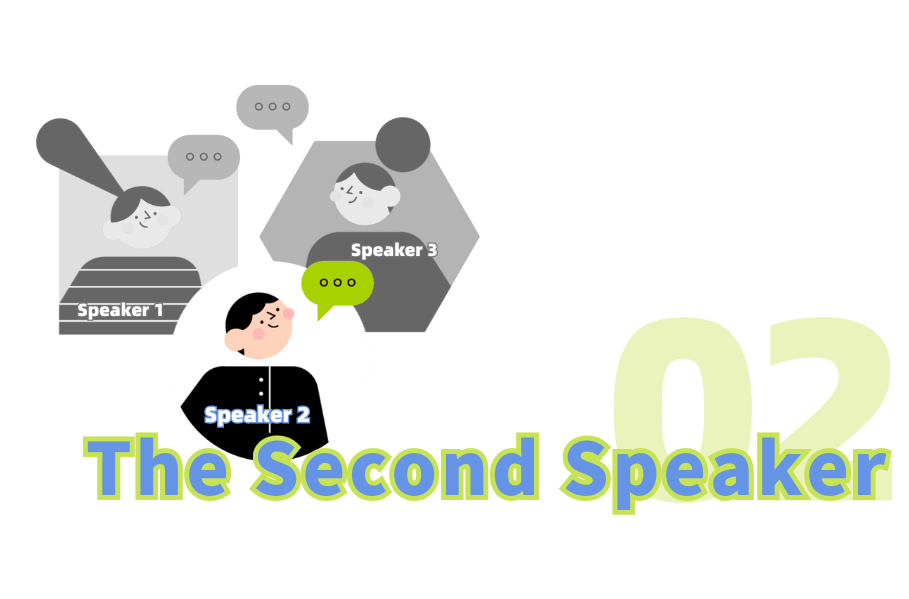
Speaker 2的目标主要有三个:攻击对方论点;在敌方的攻击下捍卫本队的论点;以及对本队论点进行扩展,或深化现有论点,或引入新的独特论点。
The second speakers have three objectives. To start with, they should attack the arguments of the opposing team. Debaters who are quick on their feet and can come up with rebuttal immediately after hearing the speeches of their opponents will like this role. The next objective is to defend their team’s case from enemy attacks. One can think of a debate case as a fort under siege that needs continual reinforcement and protection. Finally, second speakers can extend on the case of their team, either by deepening existing arguments or introducing a new, distinct argument to give their team an independent path to victory.
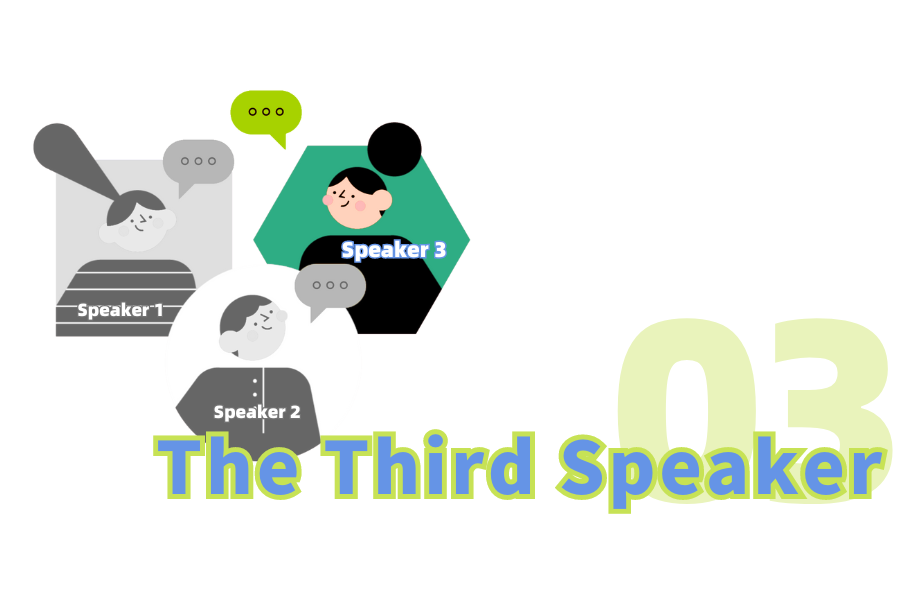
Speaker 3最适合喜欢策略和回应敌方主张的选手,因为你们要为自己的团队完成大部分反驳工作。同时,这个辩位还需要解释为什么本队在辩论中提出的论点比对方提出的论点更有意义。
The final constructive speech in Junior WSD is the third (or the “whip”) speech. This speaker role is best suited for individuals who like strategy and responding to enemy claims. Third speakers are expected to do the majority of the rebuttal for their team. You should carefully track what the opposing team is saying, identify their strongest points, and take them down. What’s more, third speakers are expected to weigh their case over the opposing case.
What this means is that you should explain why the arguments you presented in the debate are more relevant than the arguments presented by the opponent. You may do this by utilizing a variety of weighing metrics, such as scale (how many people are affected), intensity of impact (how severe the impact is), or exclusivity (how unique to the motion your points are).
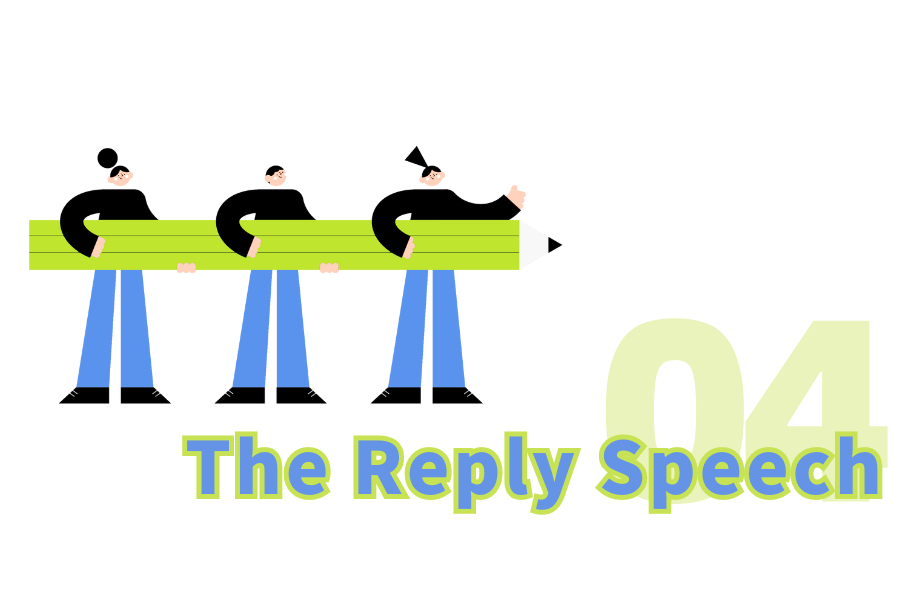
最后,Reply speech应简要概述辩论情况,不需插入新的材料或回应。这一环节需要回顾整场辩论,指出本队做得好的地方(你们应该获胜的原因),并指出对手做得不好的地方。
Finally, the reply speeches should provide a brief overview of the debate without inserting any new positive material or responses.
One could think of the reply speech as a “biased adjudication” of a debate.
You go over the debate and point out all the things your team did well (which is why they should win) and point out all the things the opponents did poorly (hence why they should lose).
根据NHSDLC Junior WSD的新规则,每队人数可为3-5人。建议以灵活、包容的方式在团队成员之间进行切换,以便所有发言人都有机会发言。
As per the new rules of NHSDLC Junior WSD, teams are allowed to send up to 5 speakers to a tournament. Teams can switch the composition of their team in any round. If participants wish to appear on the speaker tab at the end of the tournament, they should speak in at least 50% of the preliminary rounds. It is advised to switch between team members in an inclusive way so that all speakers get a chance to speak. In terms of strategy, it would be wise to allow debaters to speak if the motion of the round is on a topic with which they are familiar.
通过Coach Robert今天的介绍,相信选手们可以在接下来的时间里更加明确不同辩位的职责和备赛重点,期待大家在秋季赛场上的精彩表现!


